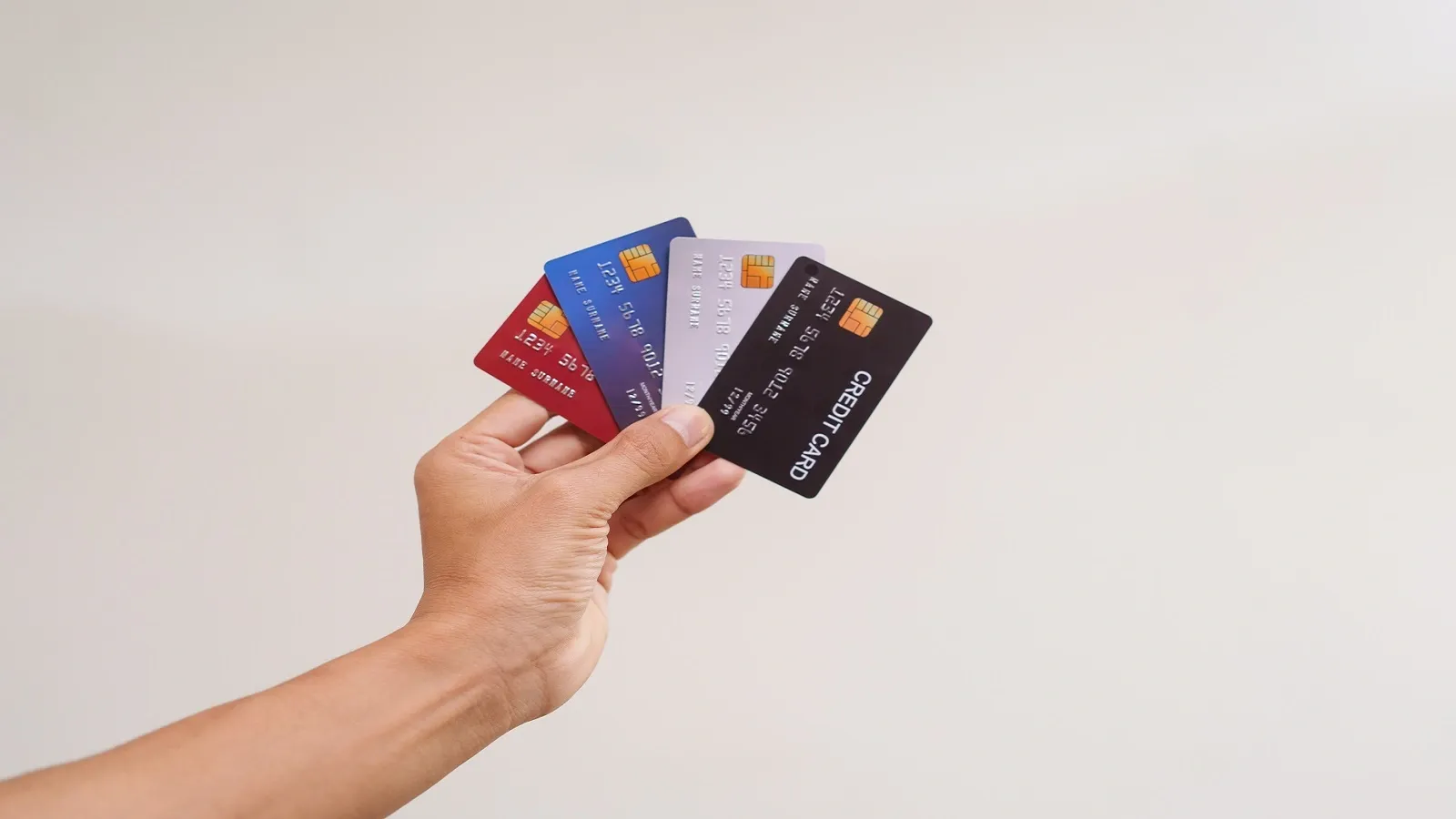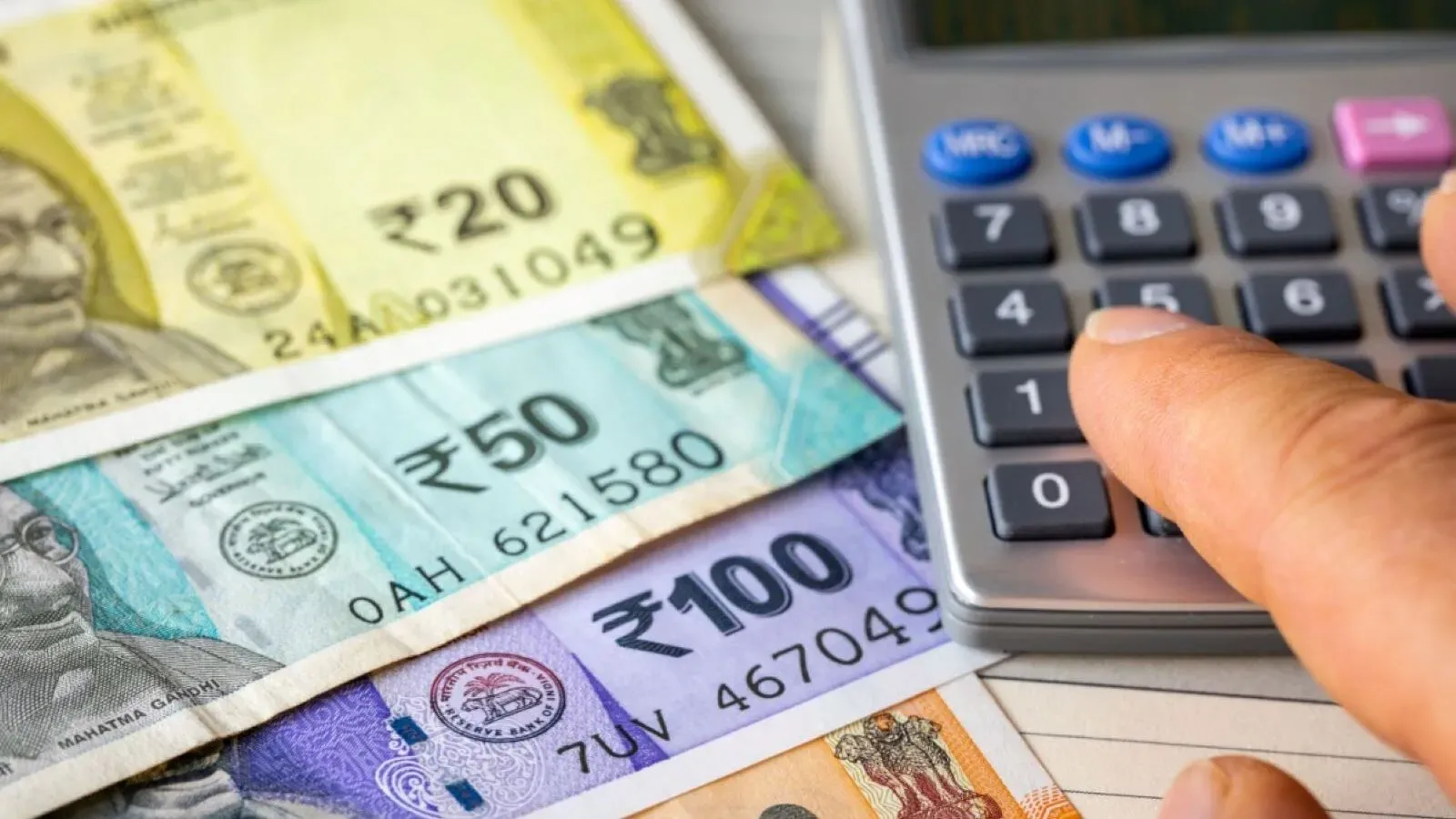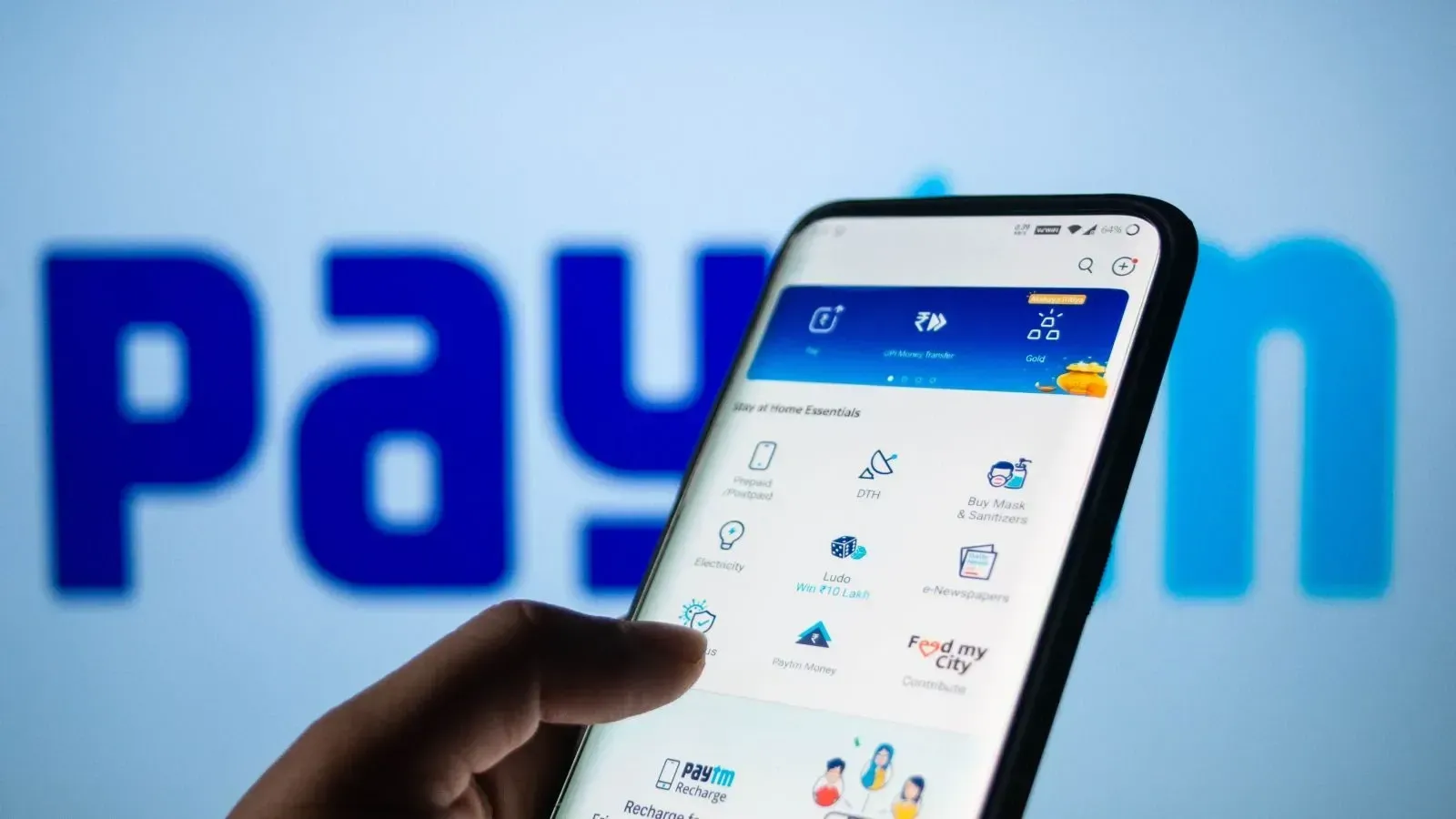Personal Finance News
Can having multiple credit cards help you manage your finances better? Explained

8 min read | Updated on November 17, 2025, 16:03 IST
SUMMARY
If you have large expenses, owning multiple cards can help you keep your credit utilisation ratio low. This is because even if your spending remains the same with one or more cards, if you have more credit available, the utilisation would fall, impacting your credit score positively.

Missing payments can severely hurt your credit score.
Many people use just one credit card for all their expenses without realising they get more rewards by having multiple cards for specific uses.
If you use more than one card responsibly and with discipline, you can maximise benefits and track your spending efficiently. A structured financial strategy, with clarity over your priorities, can help you maintain good financial health.
Remember that owning multiple credit cards isn’t the right choice for everyone. It requires active management, timely payments, careful budgeting and tracking all cards to prevent debt. If managing several cards feels overwhelming, you can stick to the card you trust and use it wisely.
Now, let’s look at how you can use a multi-card approach to plan your finances.
Owning more than one credit card
One of the most practical ways you can use credit cards is by owning a primary one for your biggest expense, like groceries, and secondary ones for your other priorities, like travel.
- Specific cards for each spending category can help you maximise your rewards instead of lowering them by putting all purchases on one card.
- You can earn more cashback and rewards, because each card is for a specific type of spending.
- You can track your expenses clearly, as your purchases are naturally organised by category across your different cards.
Types of specific credit cards
There are several other cards, like HSBC Live+ Credit Card, SBI SimplySAVE Credit Card and Airtel Axis Bank Credit Card, that offer cashback and rewards points on food and grocery spends.
These cards often have many specific offers, like for instance a 5% flat discount on beauty products, that can lower your overall expenses.
You can get major discounts on movie tickets, food and beverages, buy 1 get 1 free and specific popcorn offers on many cards, including HSBC India credit card, ICICI Bank credit card, RBL Bank Play Credit Card, YES Bank Private Prime Card and IndusInd Bank card.
Cards like Axis Bank Atlas, HDFC Diners Club Black, HDFC Regalia Gold Credit Card, SBI Card MILES and IDFC Bank Travel credit card can be used for airline tickets, hotel bookings and holiday packages.
Disadvantages of owning multiple cards
A multi-card strategy can surely help you, but it comes with its own disadvantages. If you own more than one card, it will be harder to track spending due to multiple cards/platforms.
This strategy is suitable for those who are good at planning and budgeting. For careless spenders, it increases the risk of overspending.
There will also be a higher chance of missing payments; with more cards, you will need to take care of more statement cycles and pay bills on different dates. Missing payments can severely hurt your credit score. Additionally, you will be exposed to more fraudulent calls and attempts.
Before you try to get multiple cards, see if this is the right strategy for you.
Things to look out for
While owning multiple credit cards sounds tempting, as the rewards and benefits can make your overall budgeting easier, it also comes with many charges. Look out for these things before applying for multiple cards:
- Always check the annual fee and renewal fee of the card so you can decide if the benefits aren’t nullified.
- Compare the reward rate across categories to ensure the card gives maximum value on overall expenses. You won’t use a card just for one thing.
- Check for hidden charges, like cash-withdrawal fees, over-limit charges, card replacement fees and add-on card fees. These charges should be justifiable when compared with the benefits and rewards.
- Read the terms and conditions for missing payments, since late fees and penalty interest can be extremely high on some cards and can directly harm your credit score.
- Check the interest rate (annual percentage rate) before getting the card. This is because carrying a balance on a high-interest card can instantly become expensive and could nullify all your rewards.
- Look at cashback redemption rules, since some cards offer automatic cashback, while others may ask you to do it manually. Also, check if you can convert the points to cash/ credit card balance, or if you can only use them for certain things.
- Check the foreign exchange markup fees on the card if you travel abroad frequently or make international purchases online.
Managing Credit Utilisation Ratio
Credit utilisation ratio is the percentage of your available credit you are using. For example, if you have three credit cards with limits of ₹1 lakh each, and you have spent ₹50,000 from each card, your credit utilisation ratio would be 50%.
Having a low credit utilisation ratio, typically below 40%, is good for your credit score. If you have large expenses, owning multiple cards can help you keep your credit utilisation ratio low. This is because even if your spending remains the same with one or more cards, if you have more credit available, the utilisation would fall, impacting your credit score positively.
To improve your credit score, make sure to keep utilisation under 30-40% of each card’s limit, so your overall utilisation remains towards the lower end. Don’t max them out, and monitor each card’s limit and amount spent through it.
Multiple credit card applications
While having more than one credit card is beneficial, remember that applying for many cards in a short time can impact your credit score. Every time you apply for a new card, a hard inquiry is triggered on your profile, which may affect your credit score.
Too many inquiries in a short period of time may lead lenders to believe that you are in financial trouble. Hard inquiries can stay in your credit report for up to 2 years.
Further, keeping track of multiple billing cycles can also become overwhelming and might increase the chances of you missing a payment deadline. Failing to pay your credit card bill even once can impact your credit score. Get two or three cards only if you can manage them.
Maximising rewards
Here are some things that can help you maximise your rewards through multiple cards:
-
Use the appropriate card for each category. For instance, your entertainment cards for movies and shows, your travel card for flights/ hotels and your daily card for groceries/ utilities. This separation, not strict but usually followed, will help you track your expenses and maximise cashback on each card.
-
Pay your full bill on time for each of your cards. You will lose out on rewards and cashback if you carry a balance and pay high interest, and may even have to pay extra charges, lowering your overall benefits.
-
Track all due dates to avoid a negative impact on your credit score. Keep a check on all your cards, their billing cycles, as well as statement cycles, to settle all bills on time.
-
Use the rewards wisely. Collect cashback and offers, and make sure you use them on things you need and would have to spend money on otherwise. Avoid using the points to buy things you don’t need just for the sake of it.
It’s necessary to prioritise your needs and decide which credit cards to use to maximise your benefit and maintain a healthy credit score. Once you have a financial strategy and 2-3 cards to support it, stick with them.
Don’t keep getting credit cards; it will be harder to manage them and may cost you big with annual and renewal fees. Remember to be disciplined and wise to prevent going into debt.
Related News
By signing up you agree to Upstox’s Terms & Conditions
About The Author
Next Story



